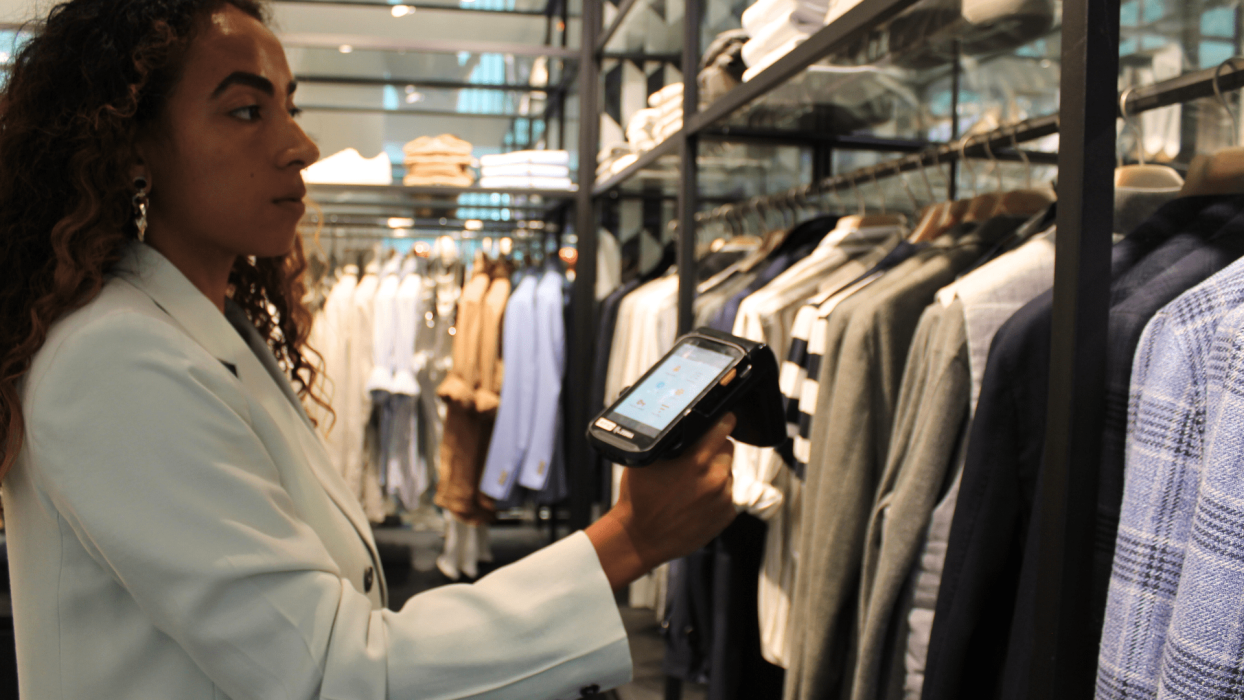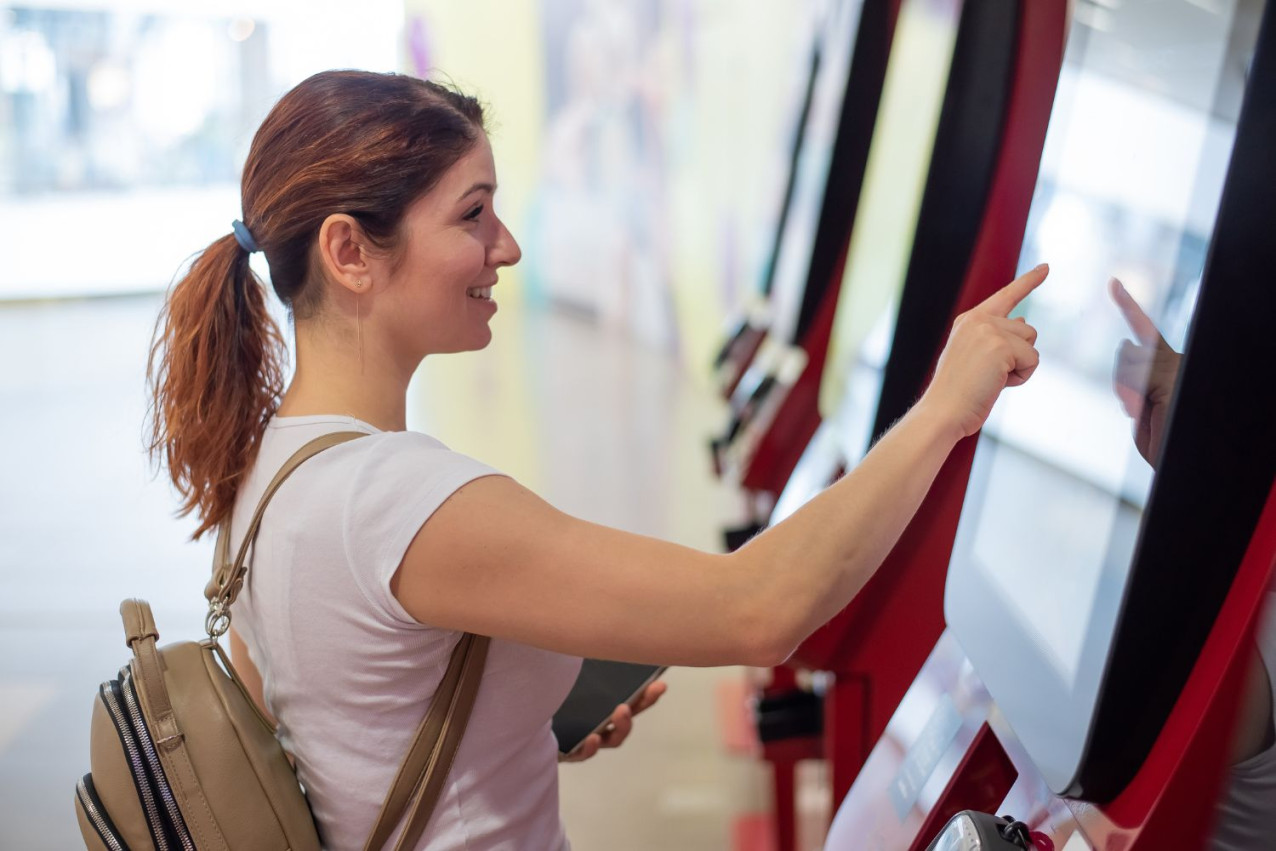How is RFID used in retail?
RFID is commonly used in retail shops for various purposes, including inventory management, supply chain tracking, and improving the customer shopping experience. Retailers use RFID tags attached to their products to track inventory levels more accurately and efficiently. RFID readers can quickly scan multiple items simultaneously, enabling faster and more accurate stock counting. This helps in reducing stockouts, optimizing replenishment, and improving overall inventory accuracy.
RFID tags can be used to authenticate products and ensure their genuineness. Retailers can verify the authenticity of high-value items or branded goods by scanning the RFID tags and cross-referencing them with the manufacturer's database. Also RFID tags can be integrated with anti-theft systems to prevent shoplifting. If a tagged item is taken out of the store without being properly deactivated or removed, it can trigger an alarm at the exit, alerting the store personnel.
A very popular RFID integration is the self-checkout. Instead of manually scanning each item's barcode, customers can place their items on an RFID-enabled reader, which can quickly identify and calculate the total cost of all the items. This speeds up the checkout process and reduces waiting times.
Some retailers use RFID to track customer movements within the store. By analyzing the data collected from RFID tags on shopping carts or loyalty cards, retailers can gain insights into customer behavior, such as popular shopping routes, dwell times, and buying patterns. This information can help optimize store layouts, product placements, and marketing strategies.
Ans last but not least: RFID tags can be attached to product shipments and pallets to track their movement through the supply chain. Retailers can monitor the arrival of goods, streamline receiving processes, and improve visibility into the supply chain, allowing for better coordination and inventory planning. Overall, RFID technology in retail shops helps retailers optimize their processes, reduce costs, and provide a seamless shopping experience for their customers.

